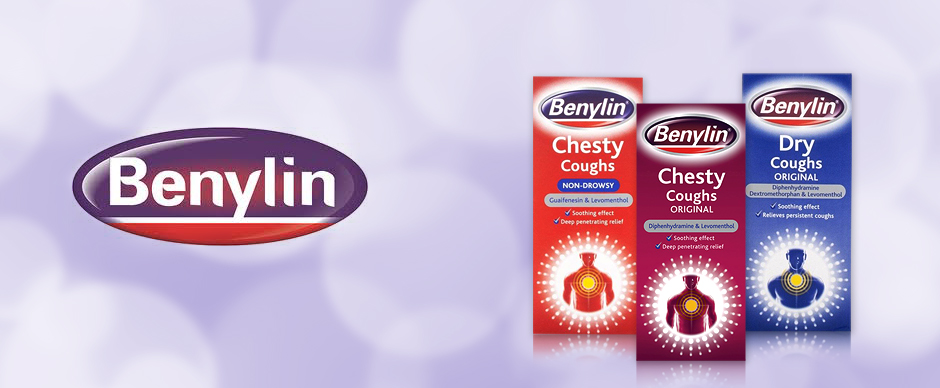
Coping with colds and flu
Unfortunately the common cold is named common for a reason and all of us are likely to suffer from at least one cold every year. Thankfully, the flu is much less common but symptoms are more severe and last longer than when suffering with a cold. Around 48% of the people visit their GP with cold and flu symptoms expecting antibiotics, however colds and flu have no cure and cannot be directly treated with medication. In fact, colds and flu can be treated at home with some practical self-help treatments and without any medical attention.
Cold and flu symptoms can last for around 4-5 days and it can take up to 10 days to get you feeling 100% again. Here’s a rough guide of what’s going on throughout your illness and things you can do to help you feel better.
Day 1-2:
If you have the flu then this is the period where you’ll notice a rapid high temperature and other symptoms following quickly. With a cold however, you may not yet have symptoms as this period is known as the incubation stage (the stage between catching infection and symptoms appearing).
- Start resting straight away
- Drink lots of fluids
- Take over the counter medication like Benylin Cold and Flu that will help to ease your temperature and aches and pains
Day 2-3:
If you’re suffering from a cold, then this is where you’ll begin to notice your symptoms. It may be a tickle or hint of soreness in the throat, which will get worse over this time. By day 3 you may begin sneezing and suffering from a runny nose.
Adults are only likely to be suffering from a temperature with the flu, but it should be starting to decline within this stage. You’ll also begin noticing symptoms that are similar to a cold, but they will be more severe and debilitating. It is likely you’ll feel tired, generally unwell and possibly dehydrated as you’re losing fluids through mucus production and perspiration.
- Stay at home to prevent the spread of infection
- Take it easy and rest
- Keep warm (even if you have a temperature)
- Keep drinking plenty of fluids
- You may want to consider Benylin Day and Night or Benylin Cold and Flu Max Strength that will help to control your symptoms around the clock
Day 3-5:
If you’re suffering from a cold, it is within this period where your symptoms may be at their peak. With a cold or the flu you may start to feel stuffy and congested as catarrh is created from a mixture of mucus and white blood cells to try and fight off infection. This may also bring on a chesty, mucus cough and a headache. If your flu is particularly nasty, you may still be suffering from a temperature at this time. By day 4-5 you may notice your symptoms ease and your need for medication will decrease.
- Continue to drink plenty of fluids and rest
- Try different self-help treatments that will help to ease your congestion, like steam inhalation
- You may wish to try a cough medicine like the Benylin Mucus Cough range that will help to loosen mucus on the chest and make your coughs more productive
Day 5-14+:
By day 5 your body should have defeated the virus and your symptoms will begin to subside. It should just take a couple of days before you’re completely back to normal and feeling 100% again as the catarrh still needs to clear and tissues in the nose and chest need to shrink down. Go back to your normal daily activities and keep taking medication like Benylin Cold and Flu Tablets that will suppress minor symptoms until you’re completely back to normal.



